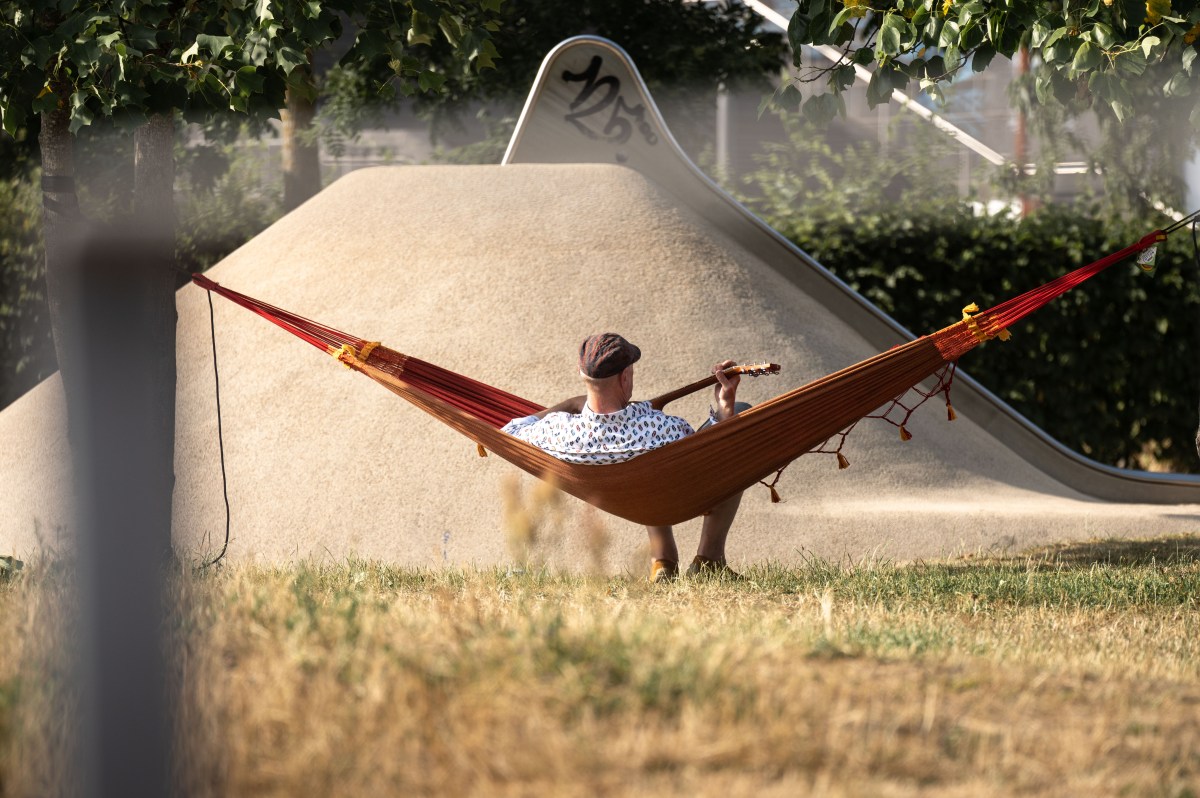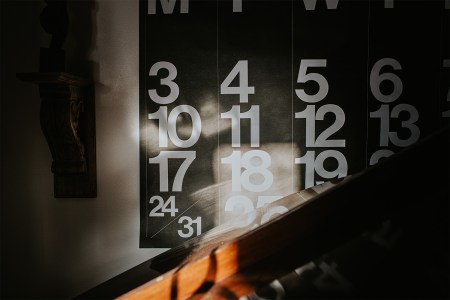There’s a great John Mulaney riff on the euphoria that adults of a certain age can derive from a free weekend: “If you ever ask them what they did over the weekend, and they say they didn’t do anything, their faces light up. ‘You’re like what’d you do this weekend?’ [And they say] ‘I, um…I did nothing! I did nothing at all!’”
Too often, though, those two precious days at the end of each week are pre-populated with mentally taxing obligations — tussles with a dishwasher that keeps overflowing, youth soccer tournaments three towns away, quarterly luncheons with opinionated in-laws.
It’s healthy to keep busy (and particularly to do so in the company of others, as the nation grapples with an alarming loneliness crisis), but it’s also important to protect and cherish your downtime. With nearly 60% of American employees now identifying as “burnt out,” we are working way too hard at work to not have a legitimate exhale waiting for us on Friday around five.
Why Are People Making 1,000-Day Calendars?
It’s time to start thinking about September 2026. Allow us to explain.Research into “nonwork time” suggests that it’s a tangible opportunity for adults to unravel the negative impacts of stressful workplace burnout…while unwinding their brains in the process.
The primary issue: workers who are most in need of a recharge are least likely to get it. This concept is called the “recovery paradox,” and was recently profiled in a primer by Knowable Magazine.
In managing (and hopefully banishing) your burnout this year, you need to weigh the rigors of your job against your capacity for recovery. It’s likely that if you’re in a high-stress occupation that requires a ton of brainpower, your brain isn’t really turning off when you close the laptop each evening. (If you’re even closing it — “after-hours emailing” has run rampant in the WFH era.)
The recovery paradox typically preys on people who must consistently meet deadlines; feign cheeriness or care for clients, patients or students; or think creatively, day in and day out, no matter how little inspiration they may have woken up with. The burden of these tasks and expectations is then lugged into the weekend, which, over time, loses its supposedly sacrosanct “R&R” charter.
To be fair, having things to do on the weekend is part of being an adult. But don’t those commitments start to feel pretty onerous when you’re out of shape, under-rested and always on the clock?
A number of European countries have been piloting four-day workweeks over the last few months, to varying degrees of success. That’s great; hopefully, some Stateside companies will experiment with the concept in 2023. But until they do, let’s try and make some use of the free days we do have. Within the context of your nonwork responsibilities, how can you reinstitute a reliable recharge each Saturday and Sunday?
Researchers are fans of two approaches: relaxation and mastery. The former champions low-stakes, lightweight activities that get you off your feet or out of your head (reading, walking, Netflixing). The latter advocates for chewing on a new skill or hobby or concentration, and ideally one that has very little to do with your workplace. Whatever you choose, just make sure it’s something you actually want to do.
Obviously, there’s also free time on weekdays and weeknights, and finding some distance from work during those hours is critical, too. Think short and intense workouts, lunchtime constitutionals, cooked dinners, listening to a podcast during a commute, a morning Worlde tradition, and what have you.
The term “microbreaks” will become annoyingly ubiquitous this year, believe us. But it’s a good philosophy, ultimately, and so is learning to love your weekend again. Fifty-two weeks from now, we hope, you’ll be able to reflect on all the things you didn’t do over your weekends this year.
Whether you’re looking to get into shape, or just get out of a funk, The Charge has got you covered. Sign up for our new wellness newsletter today.



















